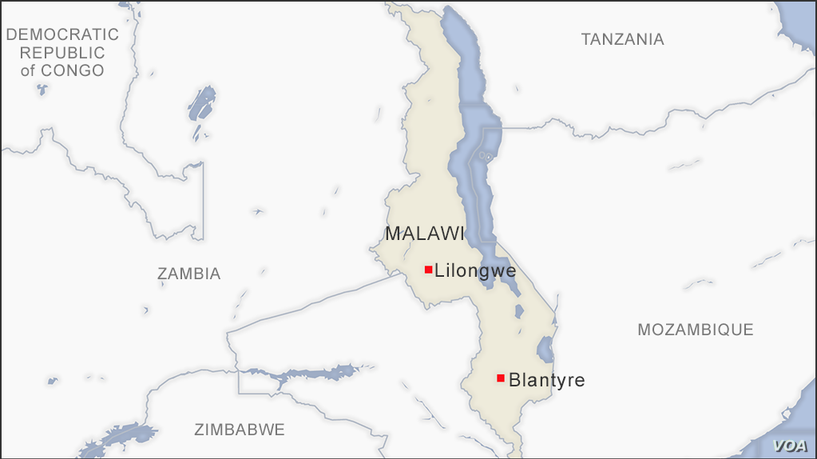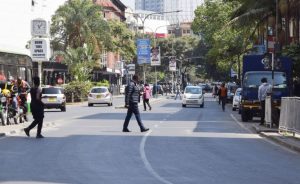Malawi: Salima Sugar Wants K24bn From Govt – but Why Should Malawian Taxpayers Keep Bailing Out a Profit-Making Company?

Once again, Salima Sugar Company Limited–a state-owned enterprise–has come knocking on government doors, this time asking for a whopping K24 billion bailout. The question is: Why should ordinary Malawian taxpayers continue footing the bill for a company that was set up to generate profits?
The requested bailout is meant to repay a legacy debt incurred after the Malawi Government terminated a partnership with AUM Sugar and Allied Limited of India. The company claims that the debt is stalling operations, delaying expansion, and negatively impacting production. But even with these challenges, should taxpayers be expected to step in–again?
During a visit by Minister of Agriculture Sam Kawale yesterday, Salima Sugar’s Executive Chairperson and CEO, Wester Kosamu, highlighted machinery maintenance issues that delayed this season’s sugar production, contributing to ongoing shortages.
He acknowledged that while K5 billion was repaid last year, interest has kept the total debt at K24 billion. The company hopes to repay K10 billion this year, but it remains unclear where that money will come from without government help.
Kosamu also revealed that a $12 million loan meant to develop 1,000 hectares of sugarcane land only resulted in 400 hectares being utilized–leaving millions in loans still unpaid.
Thanks to a $1 million allocation from the Reserve Bank of Malawi, the company has imported spare parts and expects to restock the market soon. Kosamu remains optimistic, saying they’re still on track to produce 22,000 metric tonnes of sugar this year.
Minister Kawale praised the company’s resilience and said government will review support options. He also pointed to the newly passed Sugarcane Industry Bill as a boost for the sector.
But amid all this, a crucial question lingers: Why is a company that was originally structured to be profitable–and has already benefited from substantial public investment–still so dependent on bailouts? Especially after a forensic audit revealed that $35 million (about K61 billion) invested through the former partnership could not be accounted for?
Salima Sugar was established in 2015 as a public-private partnership, with the Malawi Government holding a 40% stake and AUM Sugar holding 60%. That partnership ended in 2023 due to alleged contractual breaches and missing funds.
As the company seeks yet another lifeline, Malawians must ask: Where is accountability? Who benefits from these bailouts? And most importantly, how long can the public be expected to subsidize a company that’s supposed to sustain itself through profits?
By Nyasa Times.



